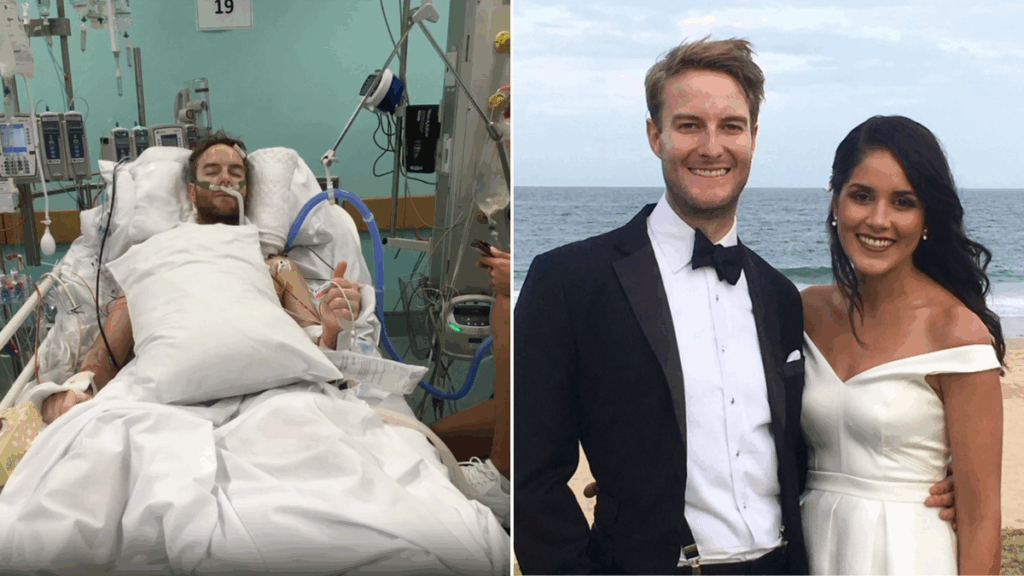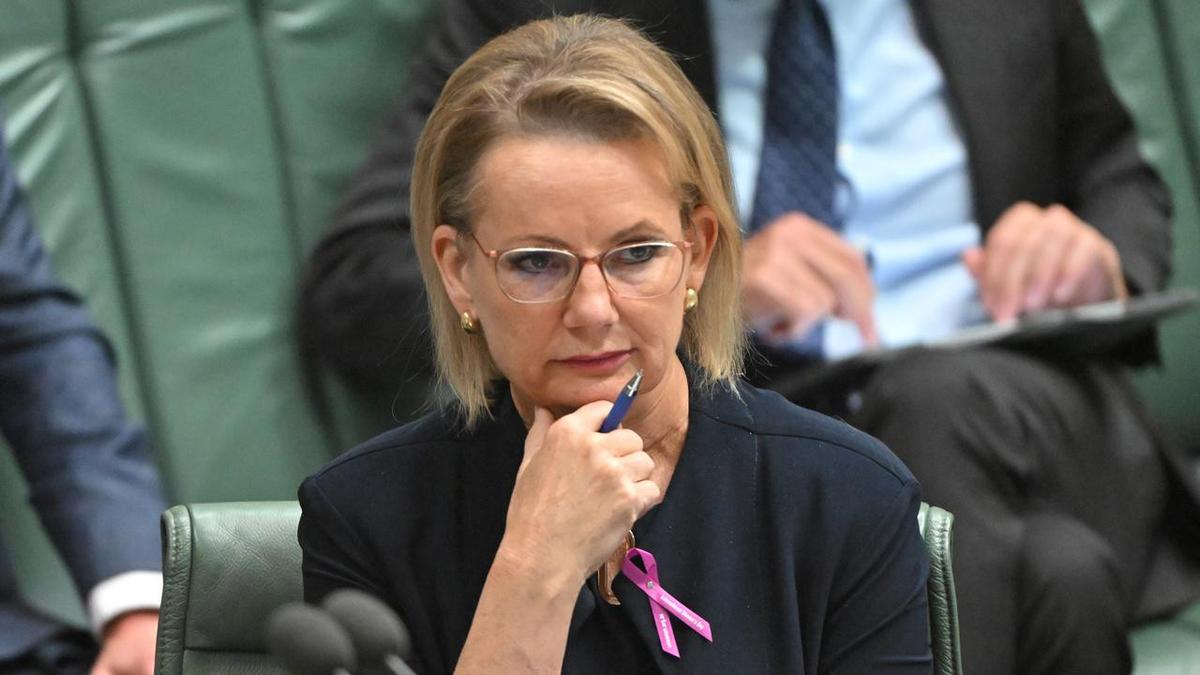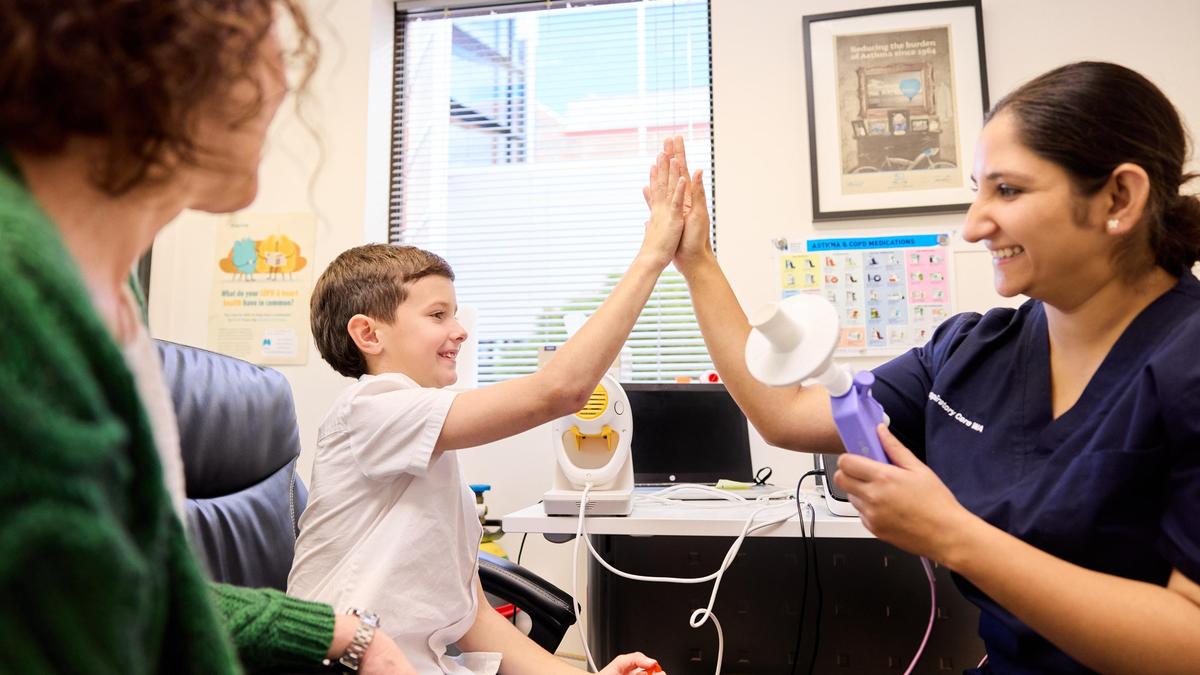
A Melbourne doctor, Dr. Geoff Lester, is championing awareness of aortic dissection following his own harrowing brush with death at the age of 24. His experience with this life-threatening condition has transformed him into a vocal advocate for better diagnosis and education regarding aorta-related health issues across Australia.
During a critical moment in his youth, Dr. Lester faced extreme pain that he described as “hitting me like a truck.” He recalls a surgeon urgently explaining that immediate surgery was necessary to save his life. “If we didn’t operate right now, I’d be dead,” he stated in an interview with 7NEWS. This pivotal encounter not only saved his life but also ignited his commitment to educating others about the dangers of aortic dissection, a condition he was unaware of until it nearly claimed him.
Dr. Lester made a solemn promise to the medical team that saved him: he would dedicate his life to raising awareness about this potentially fatal condition. “Get me through this, I promise I will do right and I will make a life that is constructive and helps others,” he affirmed.
Understanding Aortic Dissection
The aorta is the body’s main artery, responsible for transporting oxygen-rich blood. In rare but severe cases, the inner wall of the aorta can split, leading to catastrophic internal bleeding that often results in death. Tragically, more than half of patients suffering from aortic dissection do not survive long enough to reach a hospital.
Another survivor, Peter Fleming, knows this reality all too well. He experienced alarming symptoms, including profuse sweating and an overwhelming thirst, prompting him to tell his wife, “there’s something majorly wrong.” Despite his swift action, on the day of his surgery, doctors informed him he had only a 10 to 15 percent chance of survival. “I’m probably one of the luckiest men you’ll ever meet,” Fleming remarked.
Dr. Lester highlighted the concerning statistic that medical professionals miss the diagnosis in over 50 percent of aortic dissection cases that reach hospitals. “This is the third most common misdiagnosis in the emergency department,” he noted, urging both patients and healthcare providers to “think aorta” when confronted with symptoms such as acute chest pain or dizziness.
Raising Awareness and Changing Outcomes
To combat these alarming statistics, Dr. Lester is spearheading a campaign aimed at increasing awareness of aortic dissection in Australia. He pointed out that similar initiatives in the UK have led to a significant 68 percent increase in the diagnosis of aortic disease. “So it works,” Dr. Lester said, emphasizing the importance of education and vigilance in medical practice.
Through his efforts, Dr. Lester hopes to not only save lives but also to change the narrative surrounding this often-misunderstood condition. His commitment stems from a deeply personal experience, driving him to ensure that others are not left unaware or misdiagnosed as he once was.
The campaign aims to educate healthcare professionals and the public alike, fostering a greater understanding of the symptoms and risks associated with aortic dissection. As Dr. Lester continues to advocate for change, his personal journey serves as a powerful reminder of the critical need for awareness and timely intervention in potentially life-threatening medical conditions.







